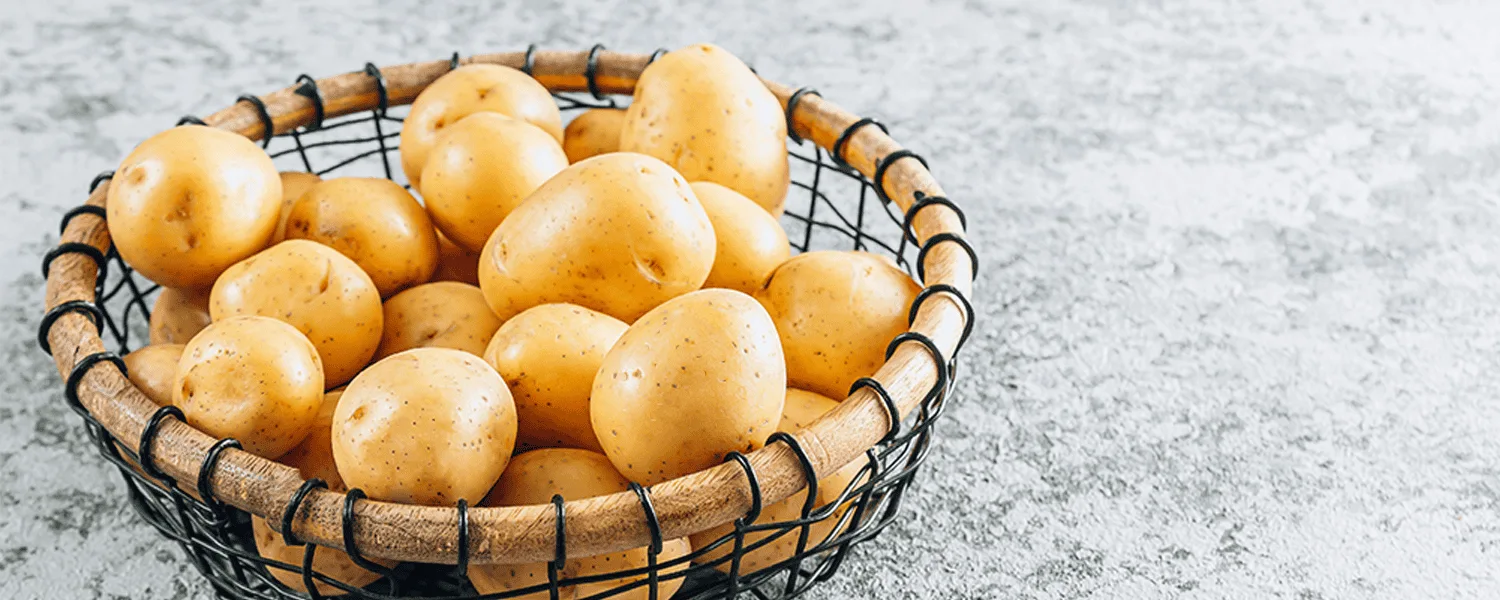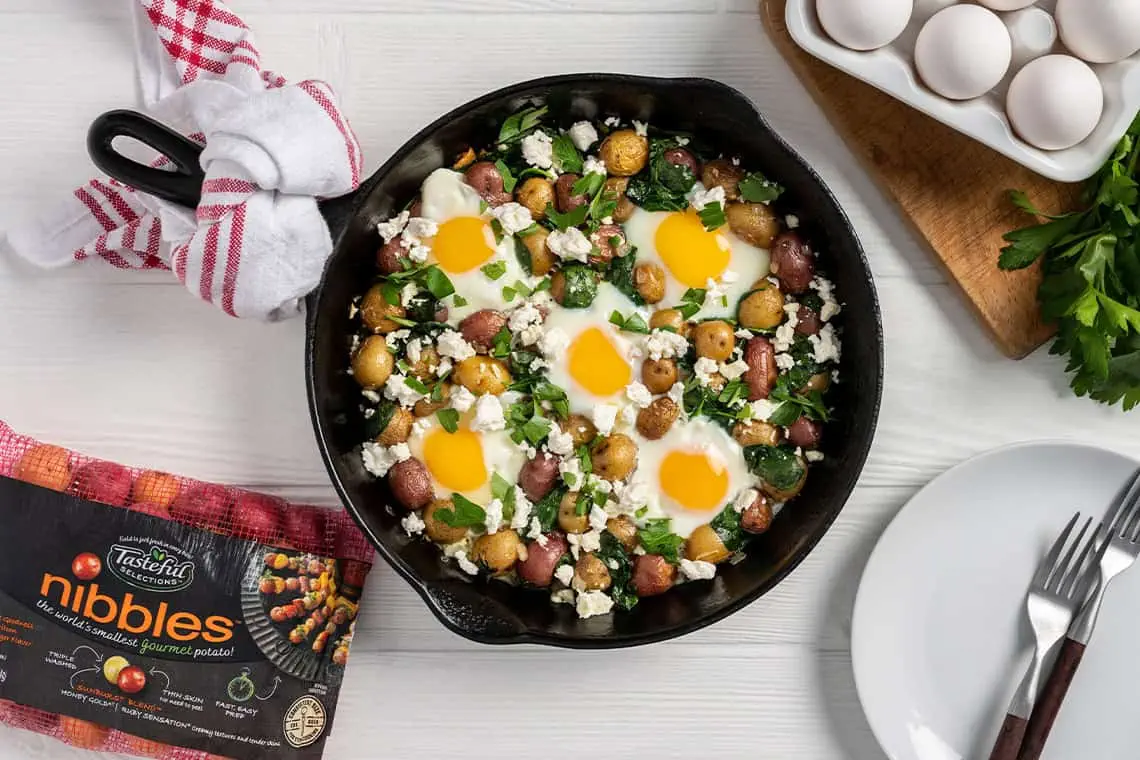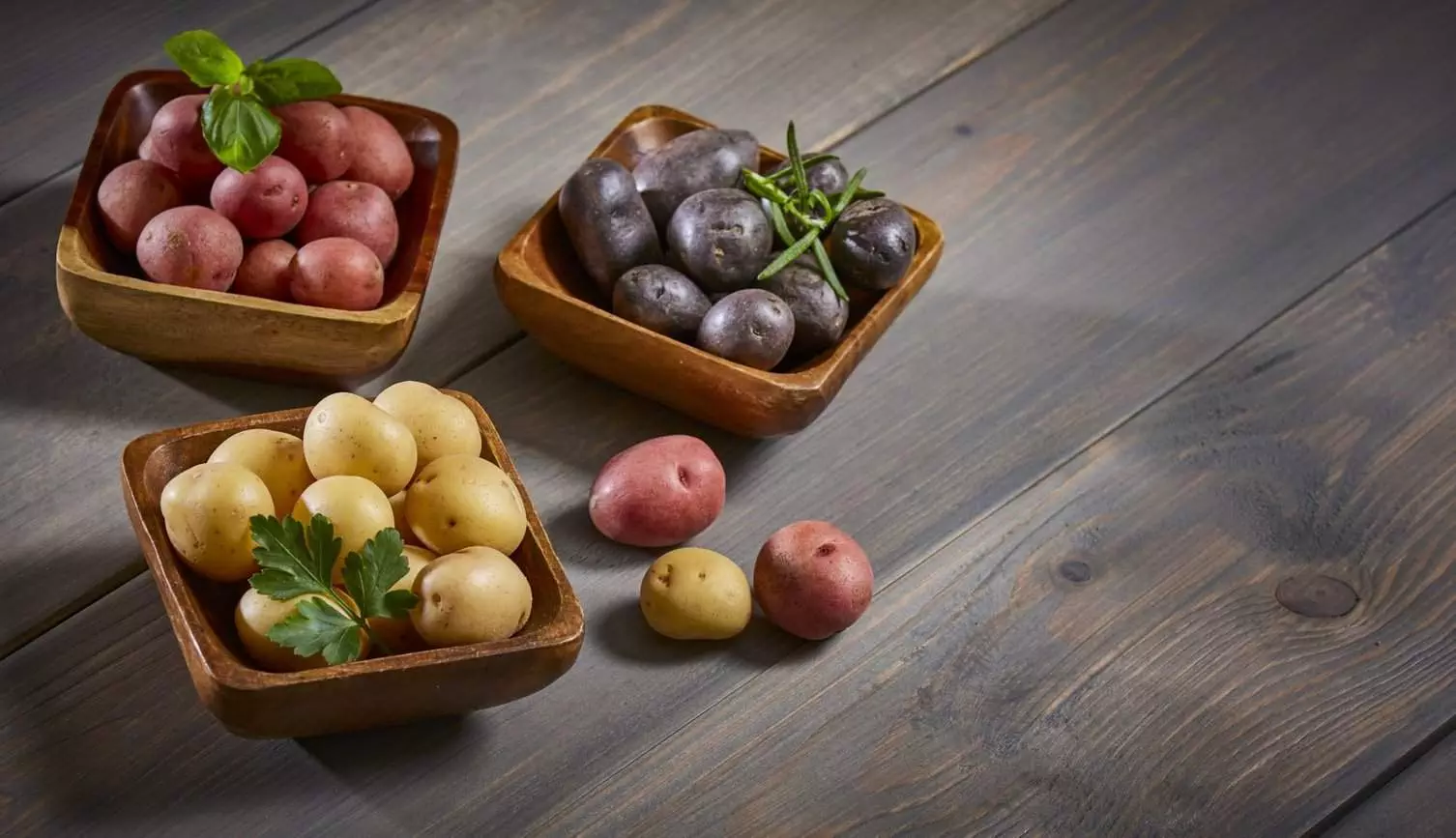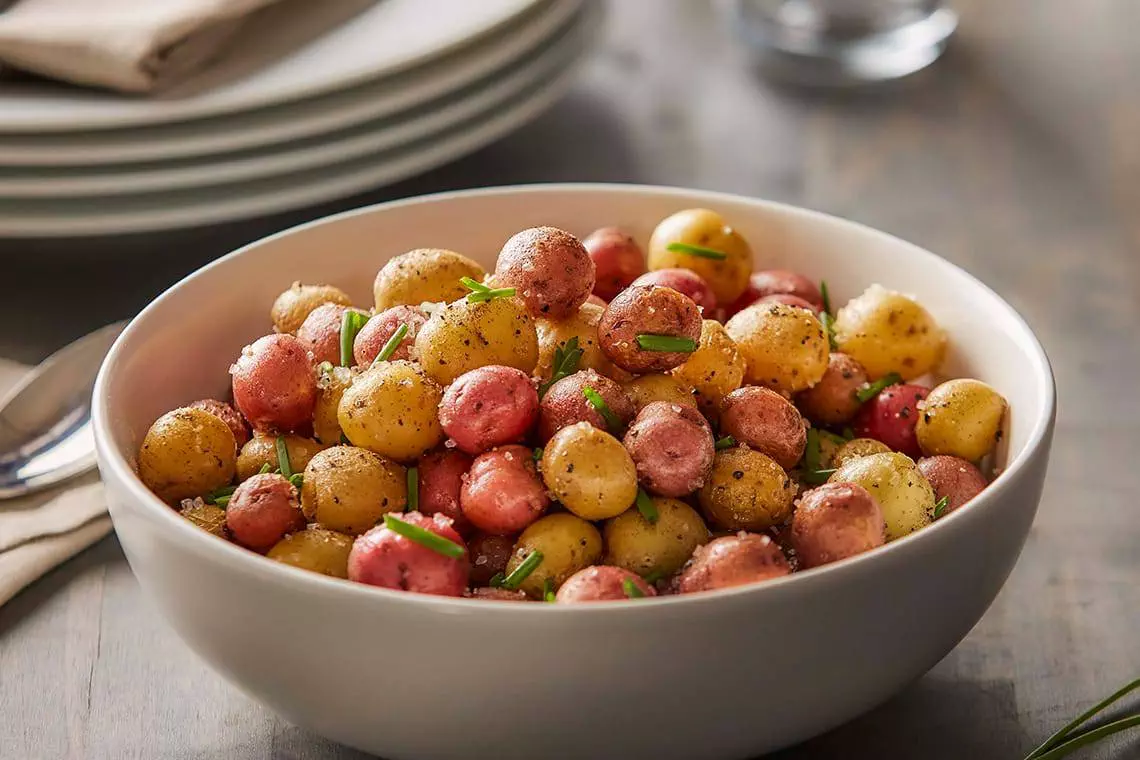Can you eat sprouted potatoes?

Baby potatoes are a kitchen favorite—small, tender, and packed with flavor. But if you’ve ever left them sitting too long, you may notice tiny sprouts appearing. This raises a common question: Can you eat baby potatoes with sprouts? The answer depends on several factors. Let’s explore why baby potatoes sprout, whether they’re still safe to eat, and how to keep them fresher for longer.
Why Do Baby Potatoes Sprout?
Like all potatoes, baby potatoes sprout as part of their natural life cycle. When stored in warm, humid, or bright conditions, the starches inside begin converting to sugar, triggering sprout growth. Since baby potatoes have a higher moisture content and thinner skins, they may sprout faster than larger potatoes.
While sprouting is a sign of aging, it doesn’t necessarily mean the potatoes are bad. However, it does indicate that their texture and flavor may start to change.
Can You Eat Baby Potatoes with Sprouts?
Yes, you can eat baby potatoes with sprouts, but with a few precautions:
Remove the Sprouts:
Sprouts contain glycoalkaloids (solanine and chaconine), which can be toxic in large amounts. Always cut off the sprouts before cooking.
Check the Texture:
Baby potatoes should be firm. If they feel mushy, wrinkled, or shriveled, it’s best to discard them.
Look for Green Skin:
If the baby potatoes have turned green, this indicates a buildup of solanine, which can cause digestive issues. Peel away any green areas, or discard the potatoes if they are heavily green.
As long as the sprouts and any green spots are removed, and the potatoes are still firm, they are safe to eat. However, if they have a bitter smell or an off taste, it’s best to throw them away.
How to Prevent Baby Potatoes from Sprouting
Because baby potatoes have thinner skins, they are more susceptible to moisture loss and sprouting. Proper storage can help extend their freshness. Here’s how:
Store in a Cool, Dark Place:
Keep baby potatoes in a pantry or cupboard away from direct sunlight. Avoid refrigerating them, as cold temperatures alter their texture and flavor.
Use a Breathable Container:
Store baby potatoes in a paper bag, basket, or mesh bag instead of plastic to allow airflow and reduce moisture buildup.
Keep Them Away from Ethylene-Producing Produce:
Bananas, onions, and apples emit ethylene gas, which speeds up sprouting. Store baby potatoes separately.
Buy in Smaller Quantities:
Since baby potatoes don’t last as long as larger potatoes, purchase only what you’ll use within a couple of weeks.
Inspect Regularly:
Check for sprouting or soft potatoes and remove any that are going bad to prevent others from spoiling.
When to Throw Out Baby Potatoes
While baby potatoes with minor sprouts can still be salvaged, some signs indicate it’s time to toss them:
They feel mushy of shriveled:
Loss of firmness means they’re past their prime.
They have a strong, bitter, or musty odor:
This suggests spoilage.
They are covered in mold:
Mold growth means they should not be eaten.
They are deeply green throughout:
If peeling doesn’t remove all green areas, it’s best to discard them.
Baby potatoes are delicious and versatile, but they can sprout quickly if not stored properly. Fortunately, minor sprouting doesn’t mean they need to be thrown away—just remove the sprouts and check for firmness before cooking. By following proper storage techniques, you can keep your baby potatoes fresher for longer and reduce food waste.


